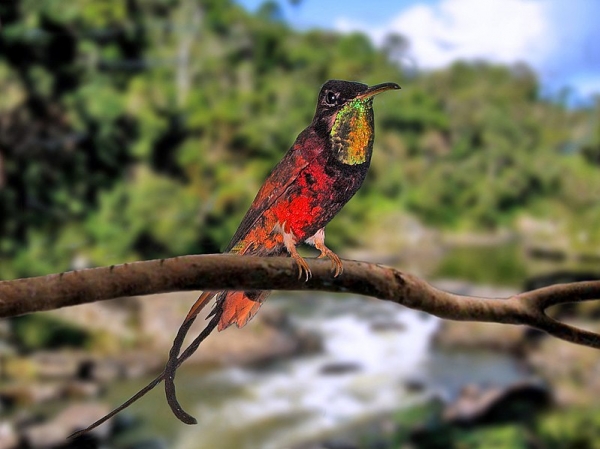Climate change is likely to abruptly push species over tipping points as their geographic ranges reach unforeseen temperatures, finds a new study led by a UCL researcher.
The new Nature Ecology & Evolution study predicts when and where climate change is likely to expose species across the globe to potentially dangerous temperatures.
The research team from UCL, University of Cape Town, University of Connecticut and University at Buffalo analysed data from over 35,000 species of animals (including mammals, amphibians, reptiles, birds, corals, fish, cephalopods and plankton) and seagrasses from every continent and ocean basin, alongside climate projections running up to 2100.
The researchers investigated when areas within each species’ geographical range will cross a threshold of thermal exposure, defined as the first five consecutive years where temperatures consistently exceed the most extreme monthly temperature experienced by a species across its geographic range over recent history (1850-2014).
Read more at University College London
Image: Fiery Topaz. Credit: Hectonichus via Wikimedia Commons


